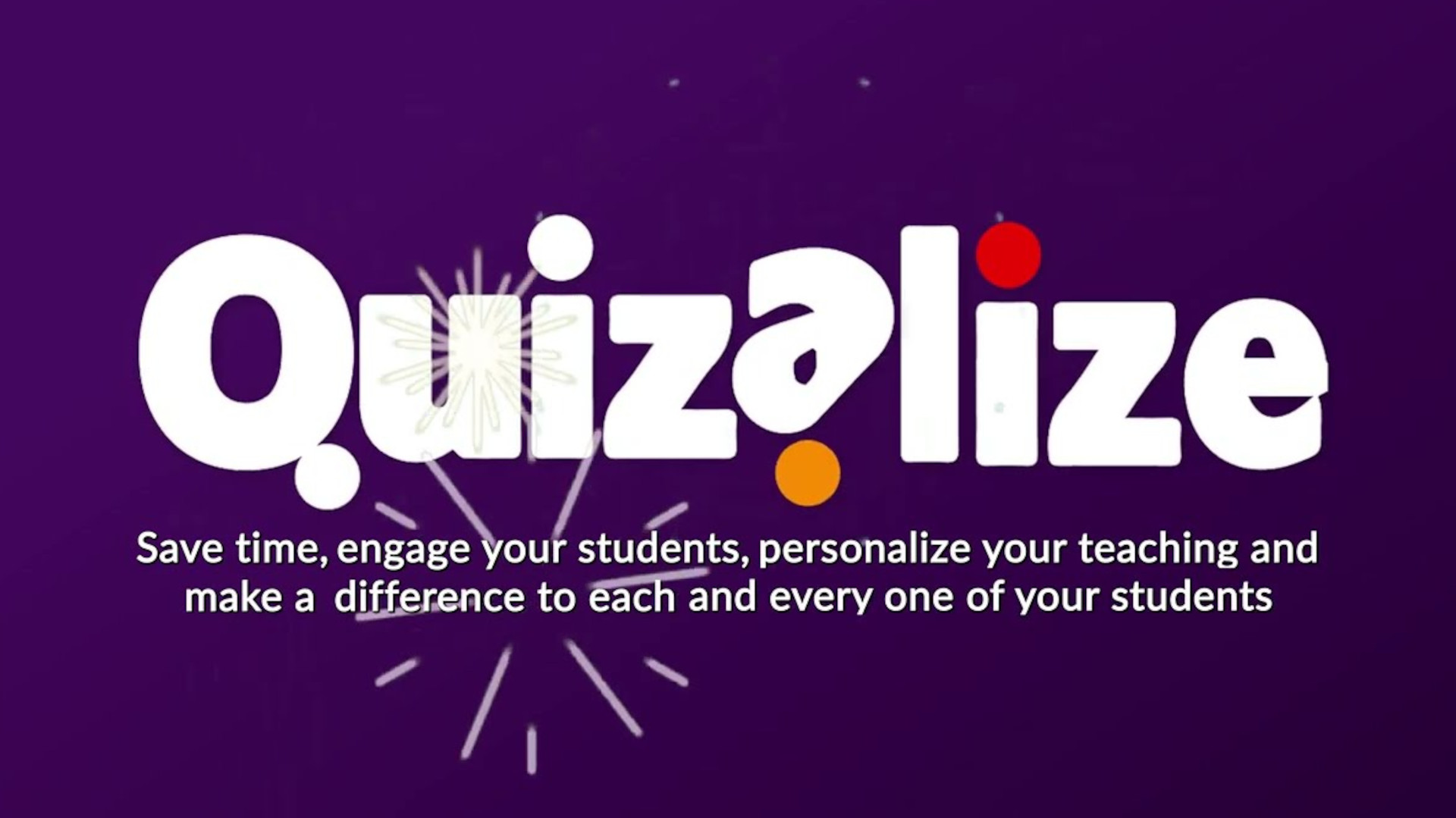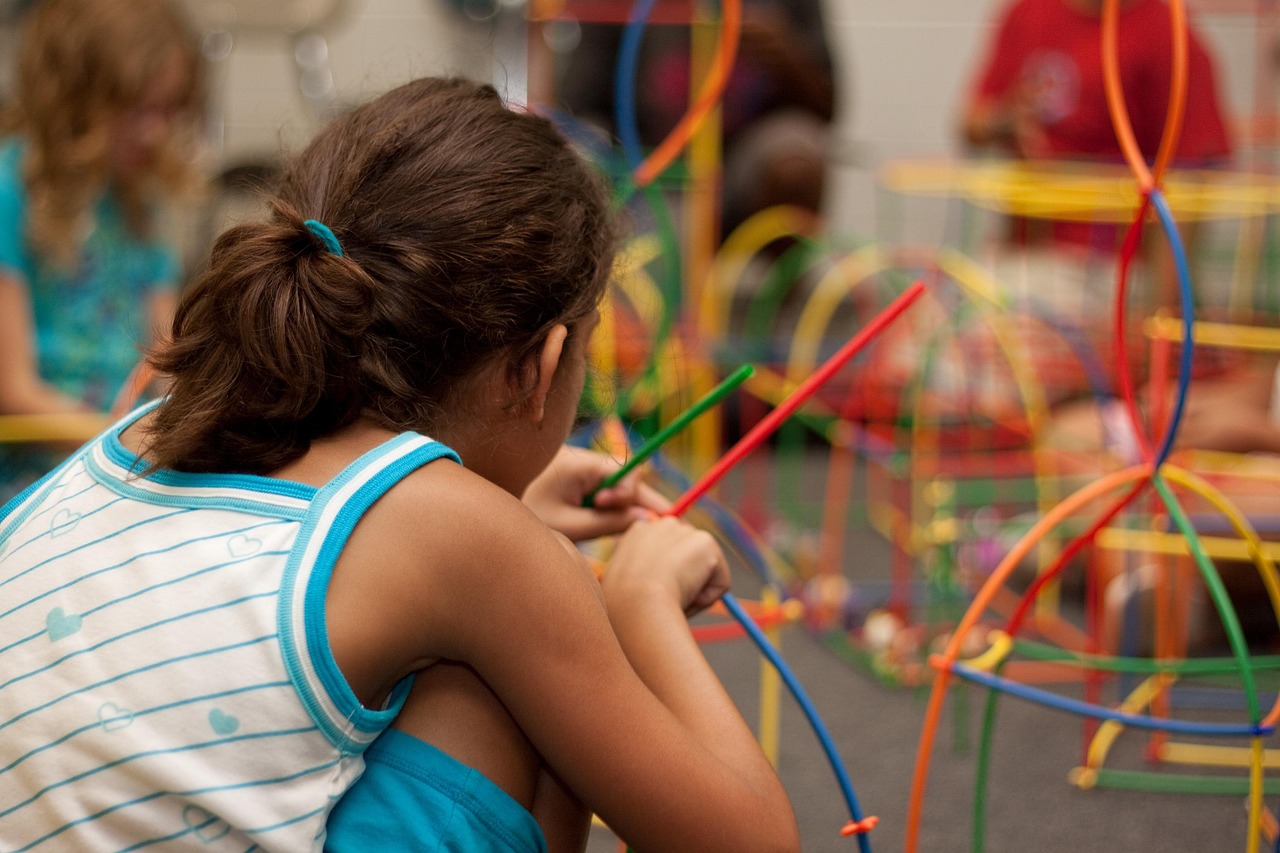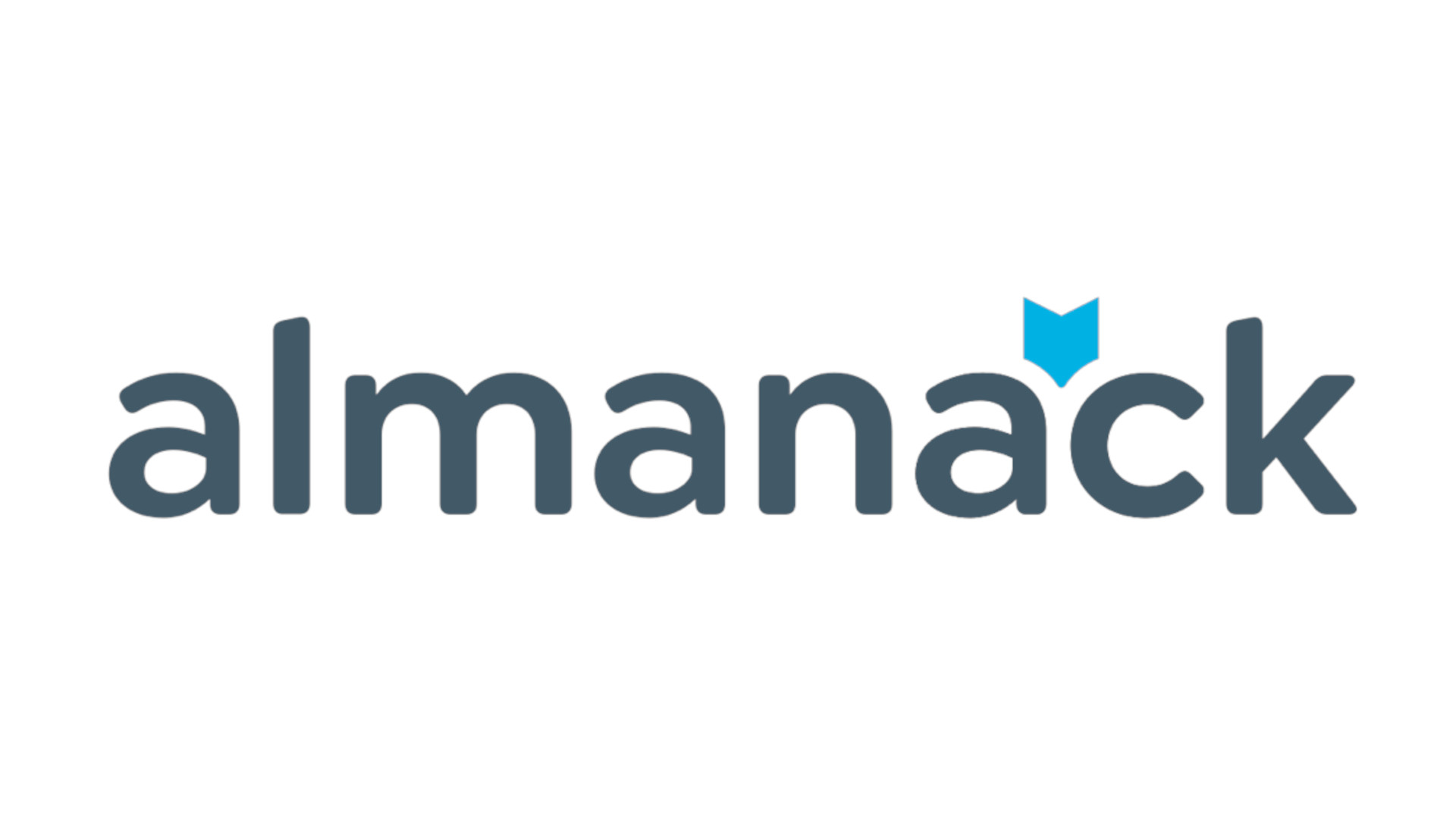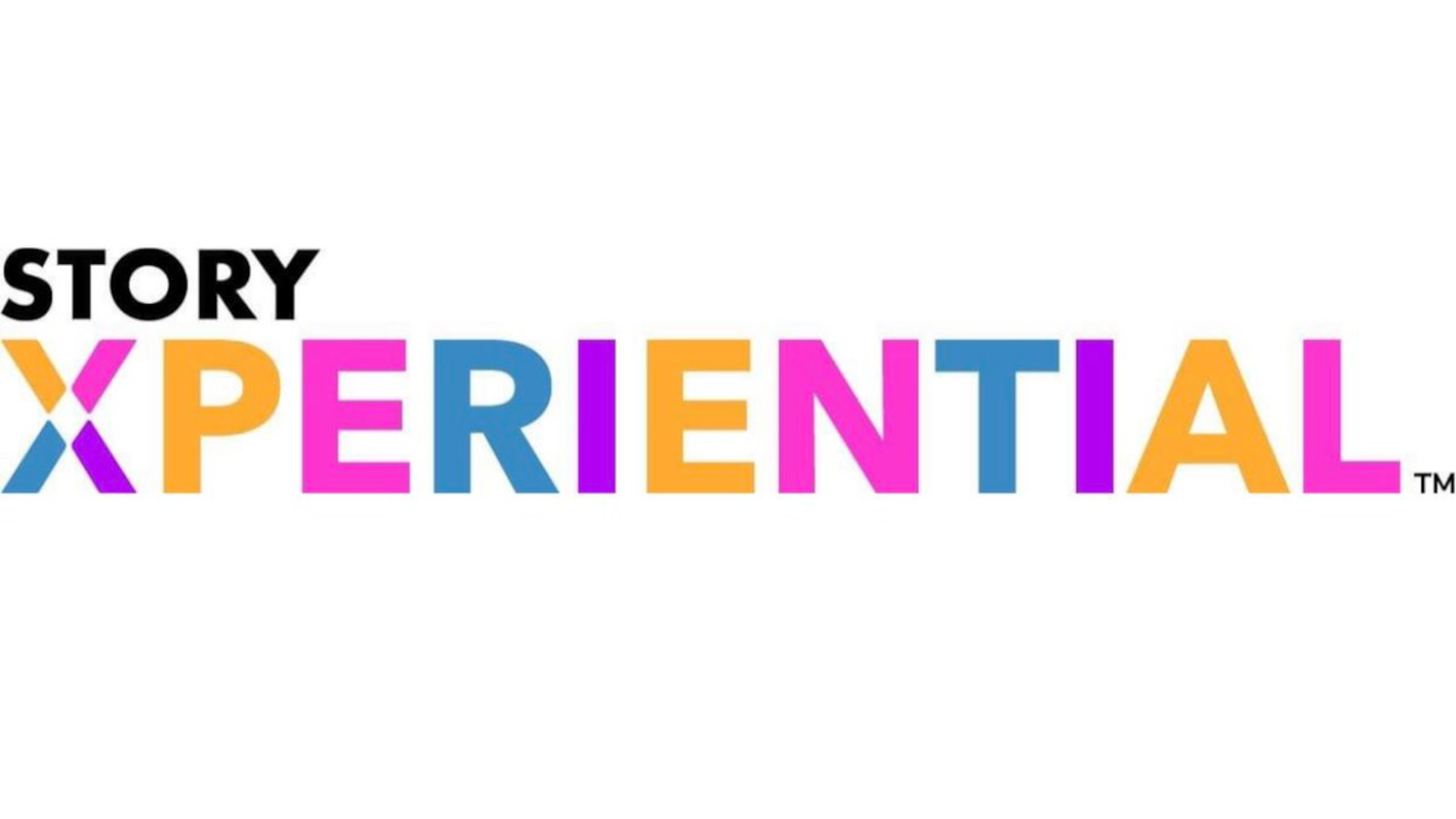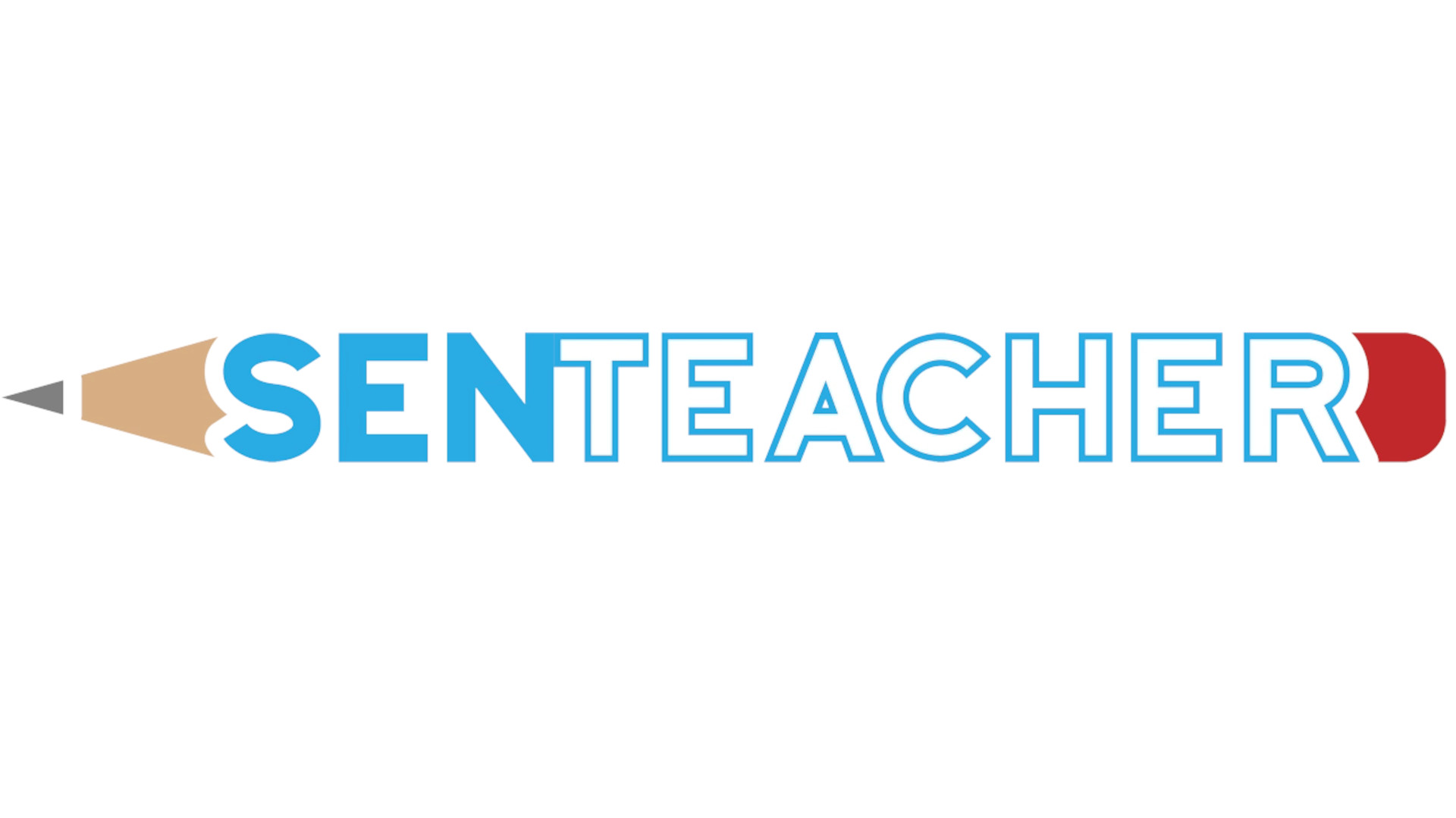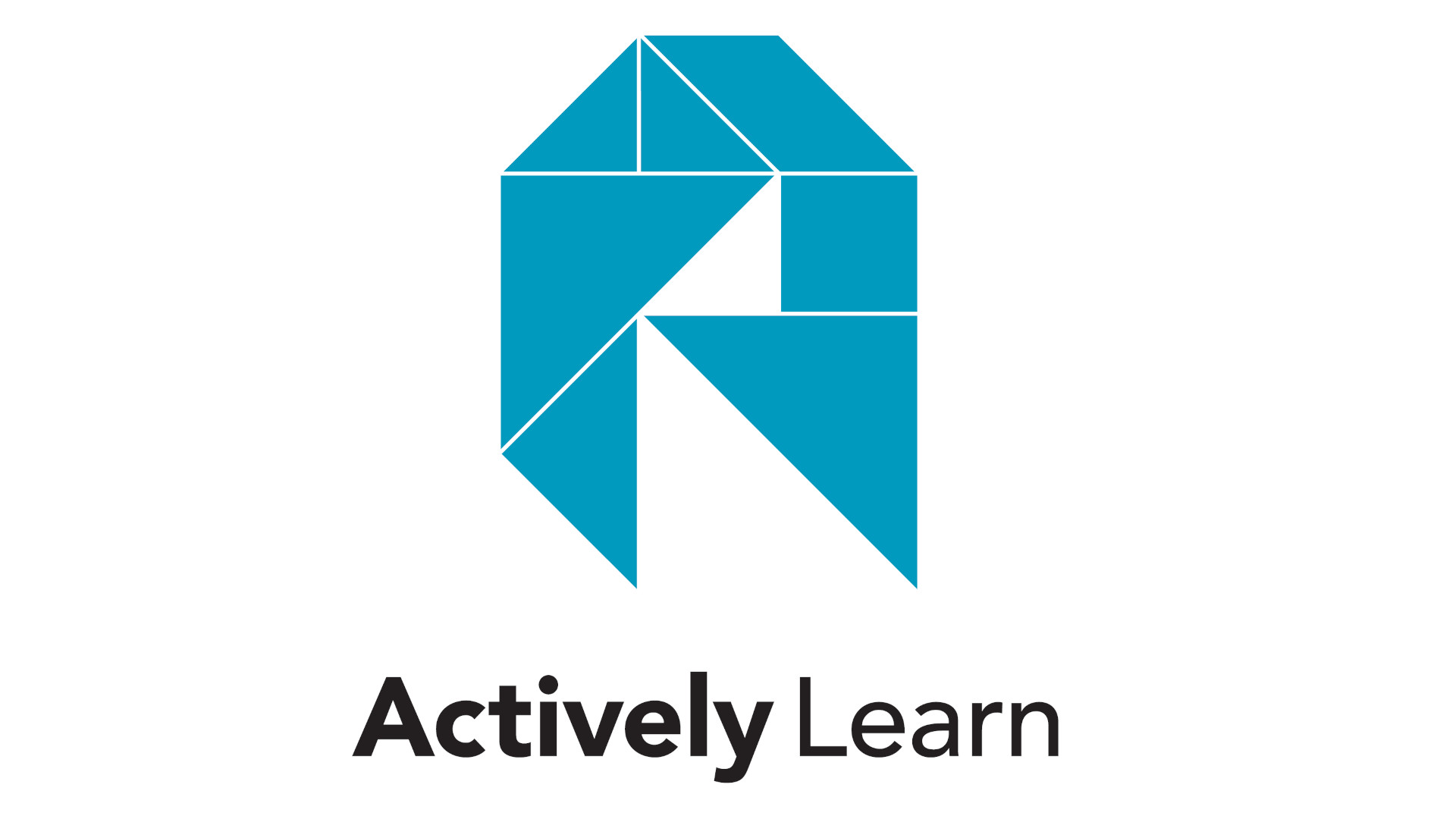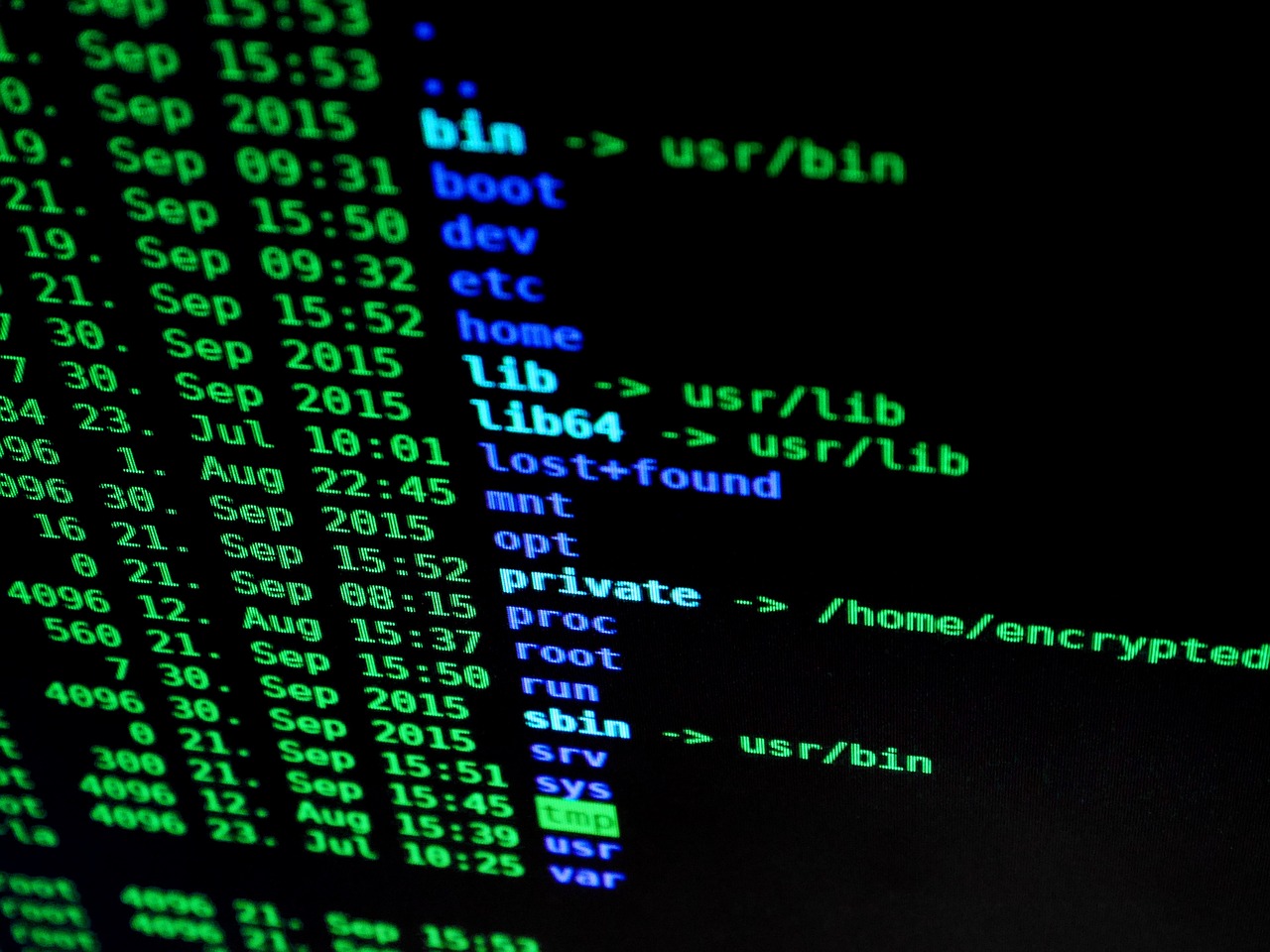How to Build a Higher Ed Esports Program
Esports can build on-campus gaming communities and help students learn a variety of career skills
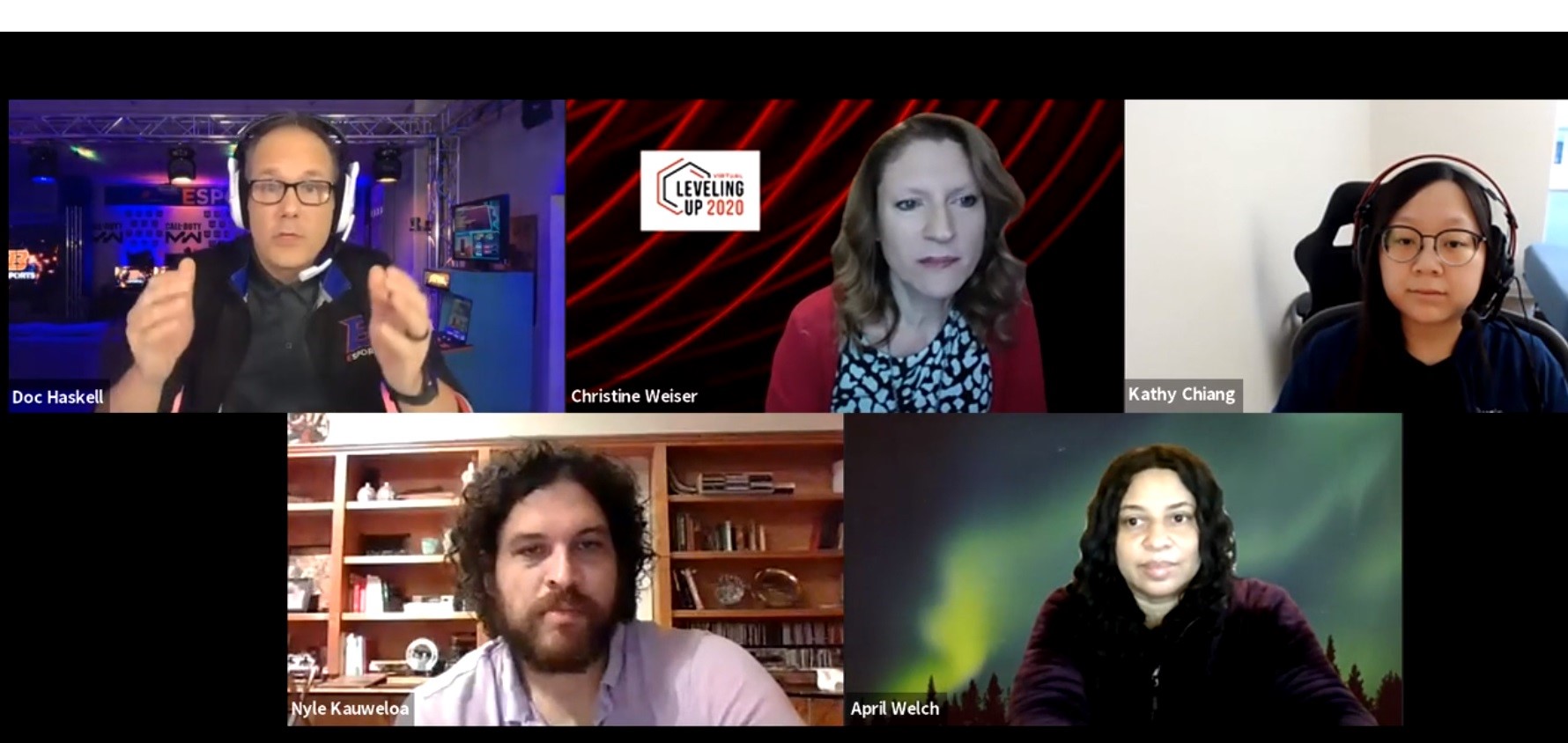
Esports can provide students with an educational experience that goes well beyond gaming.
“Everything I do today I owe to getting involved in esports,” said Kathy Chiang, assistant director of UCI Esports. “A lot of my professional skills come from leading guilds and raids in video games.”
Chiang and other leaders of successful esports programs in higher ed discussed the skills gaming can build and the ways in which successful esports programs can attract students to campus in a recent panel at Tech & Learning’s Leveling Up: Esports & Education Conference & Expo.
Christine Weiser, content and brand director at Tech & Learning, served as the moderator. Her questions focused on four key areas surrounding building an esports program.
Watch the full session here.
What Infrastructure Is Needed to Launch an Esports Program?
Universities don’t need a state-of-the-art esports arena to get a program off the ground, said Chris “Doc” Haskell, associate professor and head coach of esports at Boise State.
“We don’t all have to look like one another,” said Haskell, who was the 2020 College Esports Coach of the Year. The gaming space is there to serve students and the needs of our campus, and not to create “an arms race of equipment,” he added.
Tech & Learning Newsletter
Tools and ideas to transform education. Sign up below.
Successful esports programs have launched from within underutilized campus spaces with minimal tech. “You need people to play games, you need something to play, and something to play on,” Haskell said. “Your space can be up to 70 to 100 gaming PCs and state of the art, or it can be a room of six or eight PCs that meets your needs. It is what your campus needs it to be.”
But don’t forget about tech altogether. “Work with your IT department and facilities folks who can really help you out and make sure it’s going to be a successful space that the students can utilize,” Chiang said.
What Career Paths Can Esports Facilitate?
From fostering skill sets such as sound, coding, and game design, to developing leadership, marketing, broadcasting and even legal skills, esports has plenty to offer participants beyond just athletic dexterity, said April Welch, associate vice president of strategic initiatives and director of esports and digital arts at Illinois Tech.
“We have a law school and legal aspects of esports, and game design and creating games are very interesting right now,” Welch said. “How do you negotiate contract deals with these big companies that are looking to find a way to invest or figure out how they can best engage with the esports community?”
Careers can be found on the accounting side of esports as well. “This is an industry that is connected to every other industry that we have on the career front,” said Welch.
At Illinois Tech, Welch said the campus gaming community is working closer with the off-campus community and helping foster diversity and engagement. “We have an amazing opportunity to connect our gamers and our students to the broader community, and teach unity, and teach skills that you need to actually get a job.”
Large game developers and other companies are interested in working with college esports programs, and there are opportunities to create career pipelines for students.
Nyle Kauweloa, head of the University of Hawaii at Manoa Esports Task Force, said that Hawaii is the subject of a great deal of interest from large companies, in part because it is located between the large gaming markets of Japan and the U.S.
When the state and his university works with large companies, however, they make sure that these companies are investing in local talent and resources. “It’s not so much that they come here and plant their flag and do something and then leave. We want to make sure that they’re engaged with production companies here,” Kaweloa said. “They are not here to just do an event or to organize a tournament but they really are there to build out repositories of knowledge for our local economy.”
How Can Programs Root Out Toxicity and Encourage Inclusivity?
Most esports enthusiasts will tell you that the esports world is not as toxic as non-gamers might have you believe but no-one disputes that there are pockets of negativity, bullying and worse. To combat potential toxicity, the panelists recommended establishing an esports community as an inclusive one from the start and having participants take AnyKey.org’s AnyKey pledge, which requires a commitment to fairness and respect, and taking a stance against harassment and hate speech.
“The AnyKey pledge says we're going to take control of our environment and we're not going to have a culture that is toxic and violent and dangerous for people, and makes people feel uncomfortable. People like me who are African-American, people who identify differently with their gender,” Welch said. She added that it requires students to say, ‘I’m going to be the one that stops the bullying.’
Kauweloa said that esports facilitators have had to be even more proactive in combating negativity since the pandemic began. “Because things have moved online, communities no longer inhabit a shoulder-to-shoulder or face-to-face space, and it's even more of an imperative that you nip this in the bud,” he said. “So much of campus culture has become Discord culture. And so one thing that we do have to take into account is how do you manage toxicity, harassment, racism, and prejudice within a platform.”
Beyond weeding out toxicity within your community, you also want to make sure your community is welcoming and open to everyone. “When you notice different types of people in leadership, it really makes a really big difference on what sorts of people are comfortable joining those clubs and also participating in those activities,” Chiang said.
Chiang added that while in a perfect world having nights open only to specific groups of players might not be necessary, in the non-perfect world we inhabit she has found it can help different groups feel welcome in the community. “Last year we partnered with our LGBT Resource Center and we created a trans gaming night, and we got a lot of positive feedback from that,” Chiang said. “People said that they wouldn’t have come into the arena unless we had that event, but after that event they felt more welcome to come in during other events.”
Haskell said he’s witnessed firsthand how seeing diverse leadership fosters diverse student participation because students realize that “there’s a seat in there for me. It is critically important that we make seats available for leadership of people that we want involved in our organization.”
How Has Covid Impacted Your Programs?
The generally held belief is that esports was ideally situated to handle Covid and social distancing, but the reality is more nuanced.
“The meme is that esports is recession-proof and is Covid-proof,” Kauweloa said. “In actuality, not all communities are transitioning well.”
While esports players can still play and connect, not all games and programs are a good fit for an online-only format. “It depends on the game, it depends on the community. For us, the fighting game community has not done well because they depend so much on co-located gaming,” Kauweloa said.
While some aspects of gaming might be Covid-proof, “The students are not Covid-proof,” Haskell said. “Their families are not Covid-proof.”
Haskell said that his program and many others have worked to try and support students through these difficult times and keep them connected with the community. In that regard, many esports programs have been successful during Covid. “What's unique about esports is that we have been able to remain connected and still organize activities that you can't do with some of the physical sports,” Haskell said.
Welch said that her program was actually able to help build connectivity on campus beyond the esports community. For instance, the esports community helped organize an online chess event, which she said let many professors get involved and fostered a campus environment online. “We're not going to train anybody to play League of Legends or Overwatch, but they can play chess,” she said. “We have professors who are now doing tutoring and sessions on Twitch because they learned it from us. So I think there's a great service to the community. Our esports communities are supporting the escalation of the adaptation of technology. We're pushing the envelope in so many ways.”
Erik Ofgang is a Tech & Learning contributor. A journalist, author and educator, his work has appeared in The New York Times, the Washington Post, the Smithsonian, The Atlantic, and Associated Press. He currently teaches at Western Connecticut State University’s MFA program. While a staff writer at Connecticut Magazine he won a Society of Professional Journalism Award for his education reporting. He is interested in how humans learn and how technology can make that more effective.





